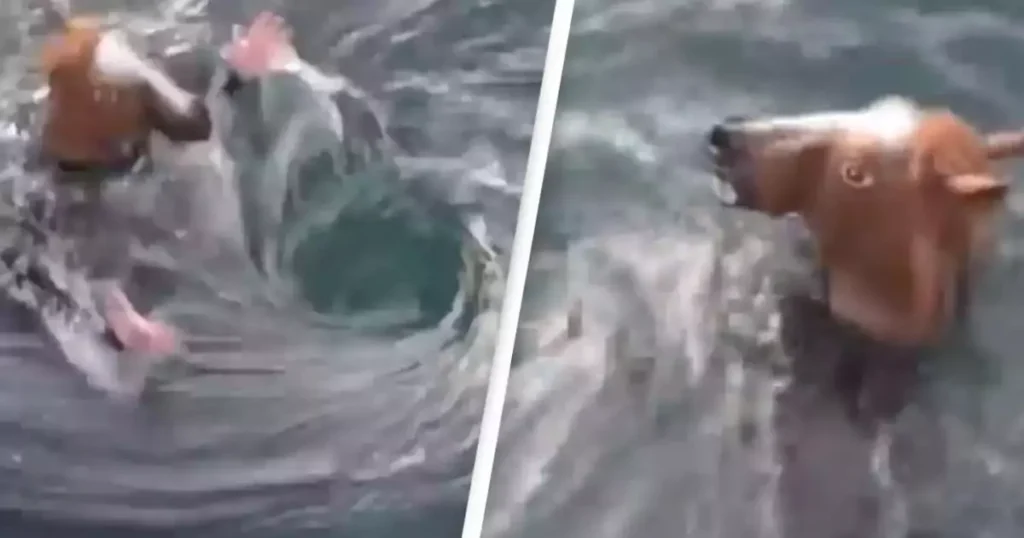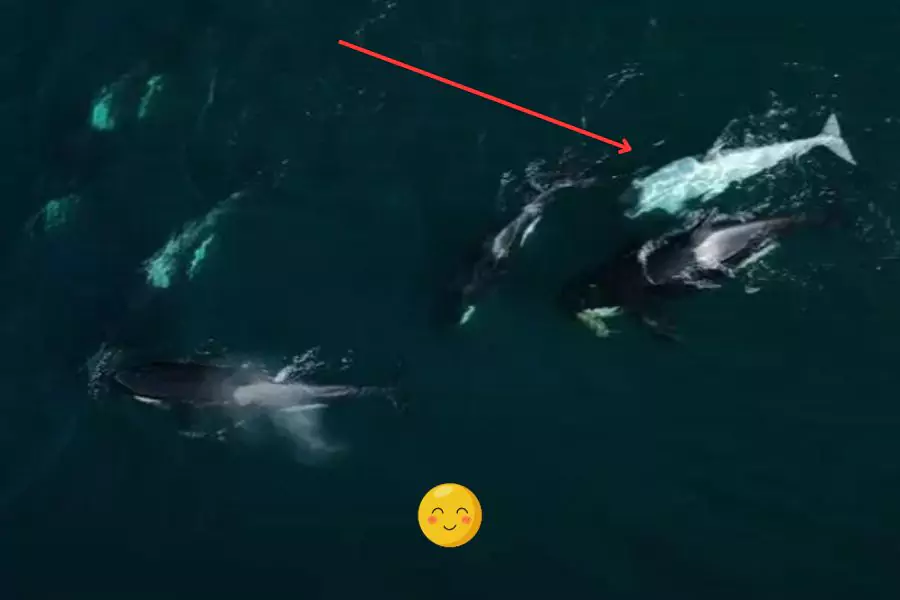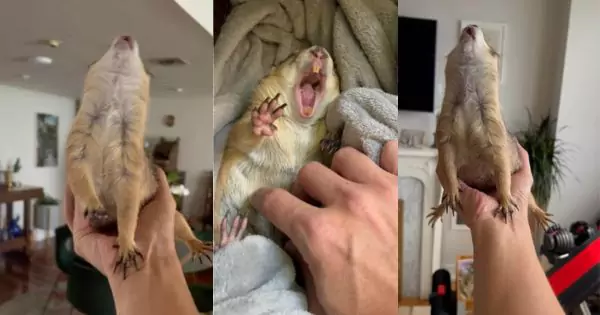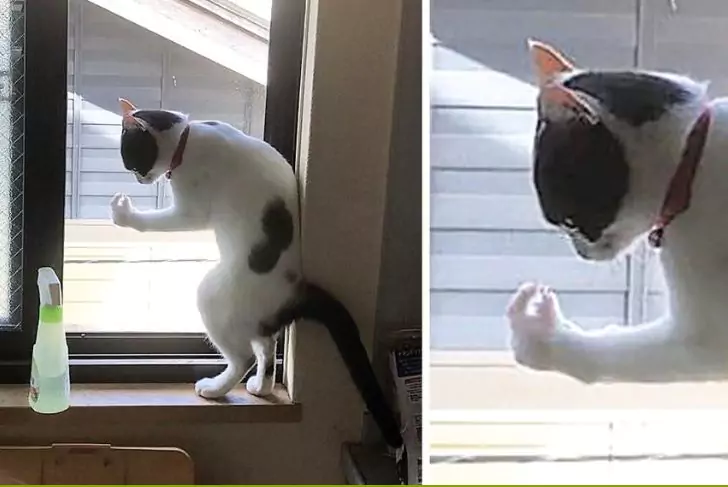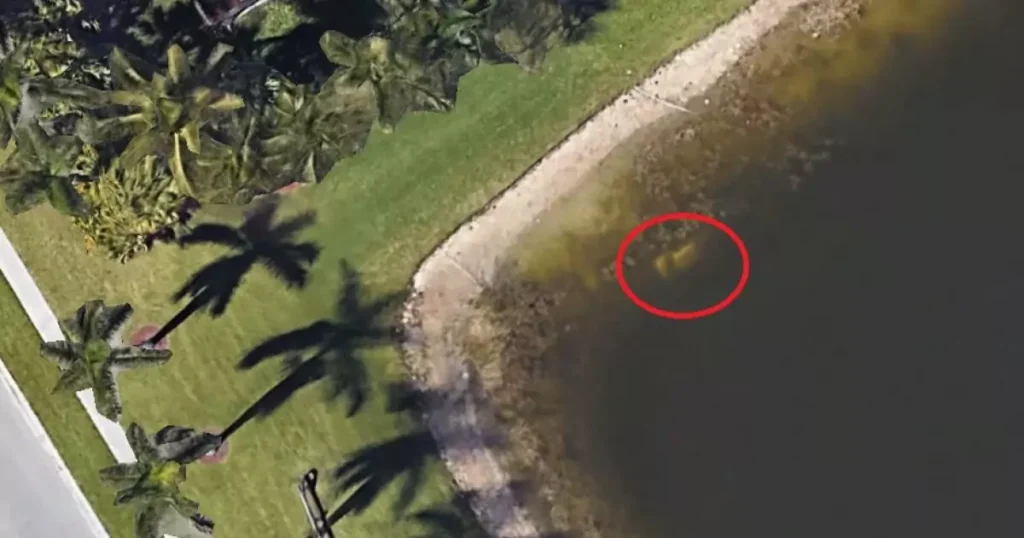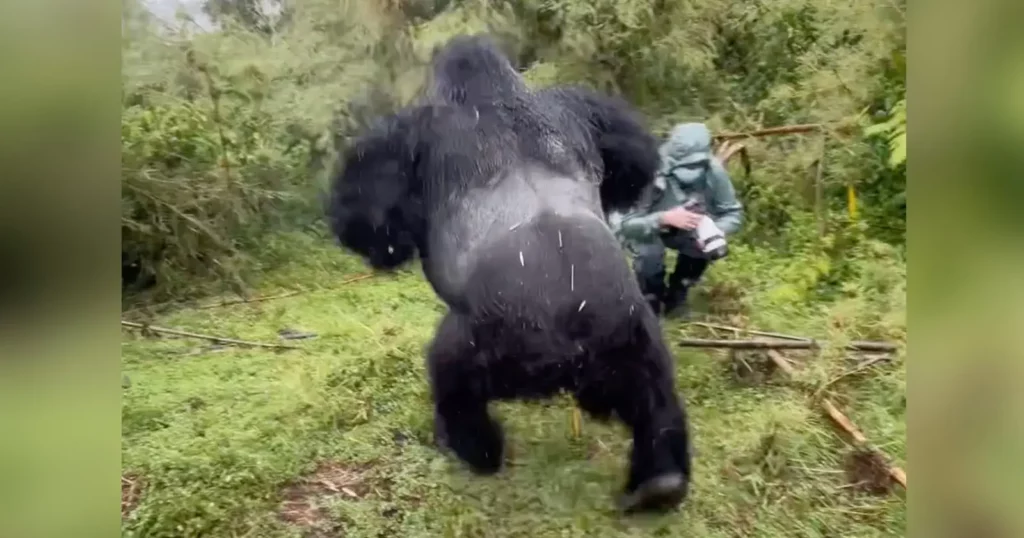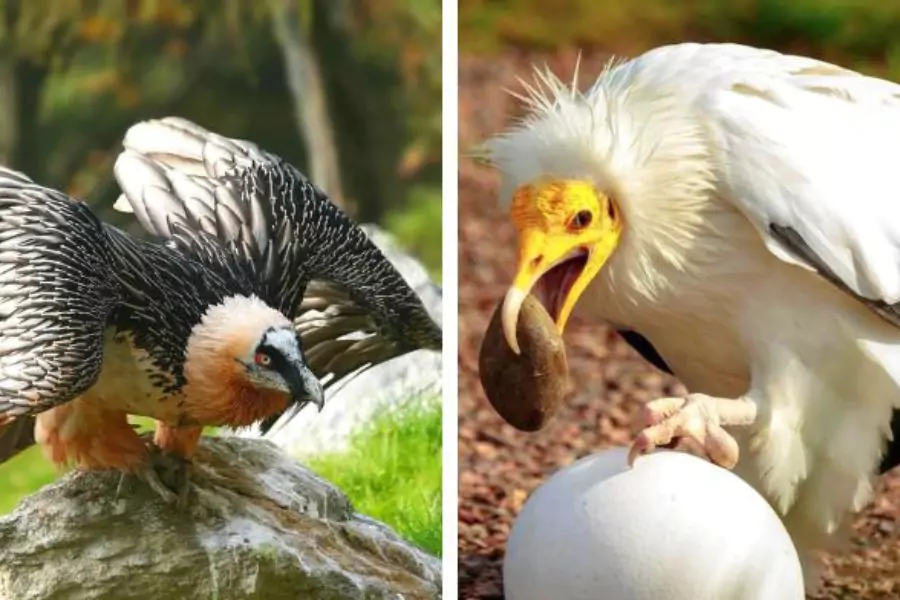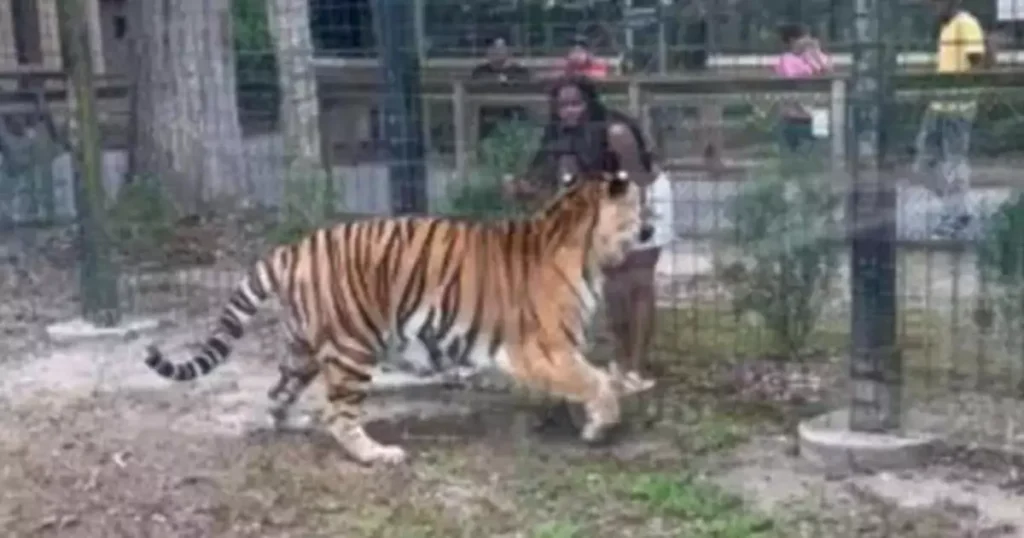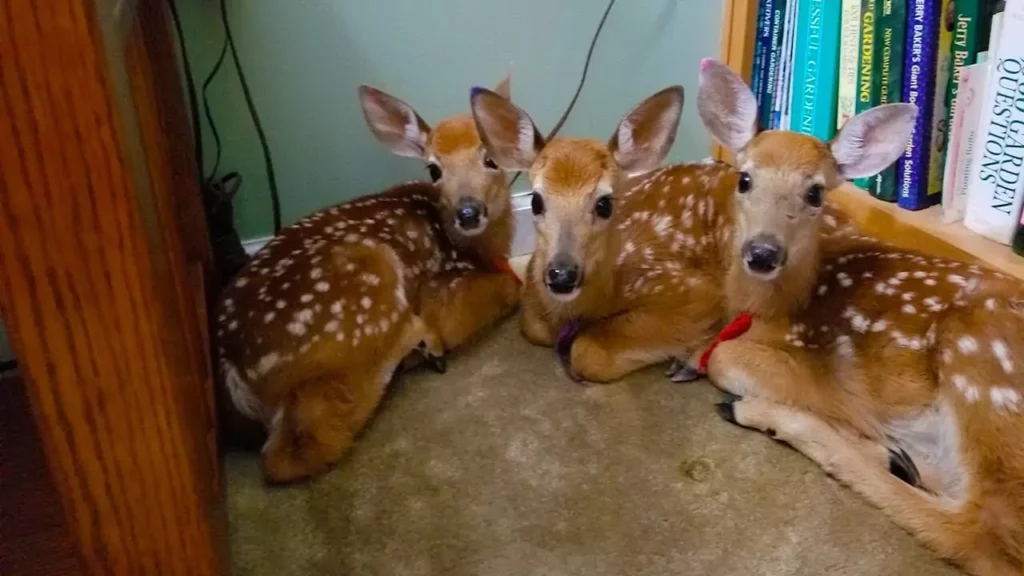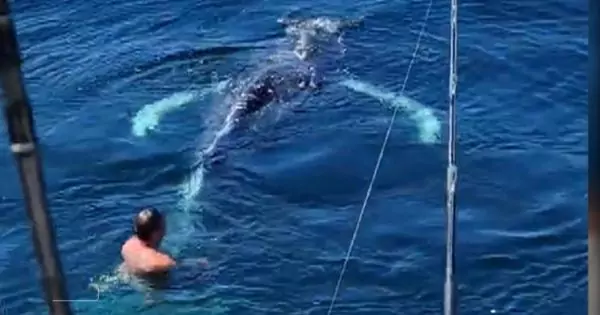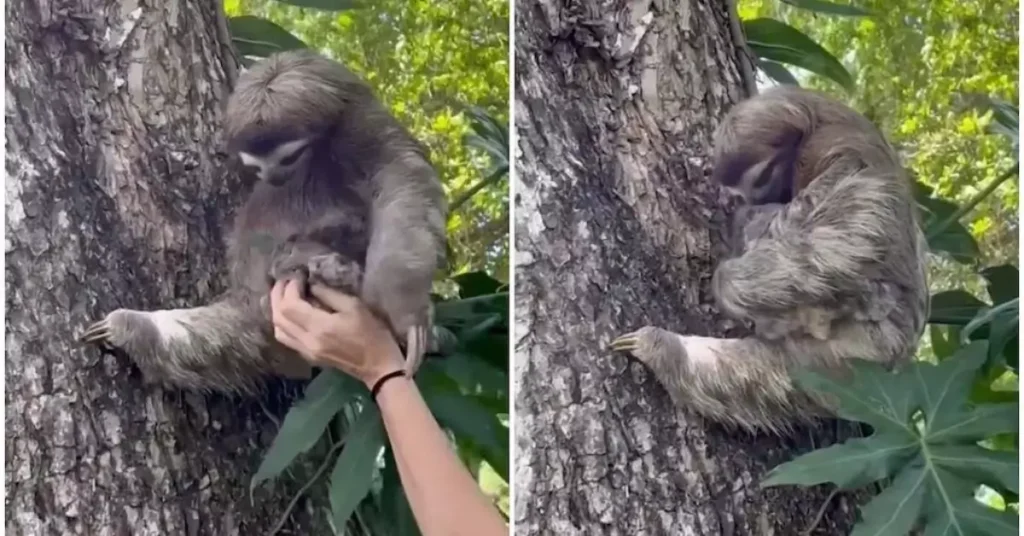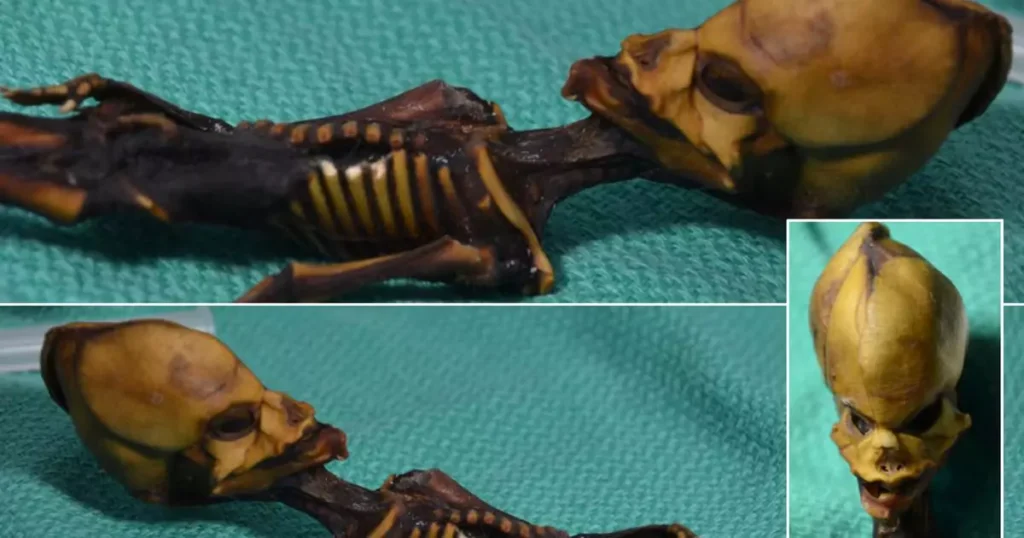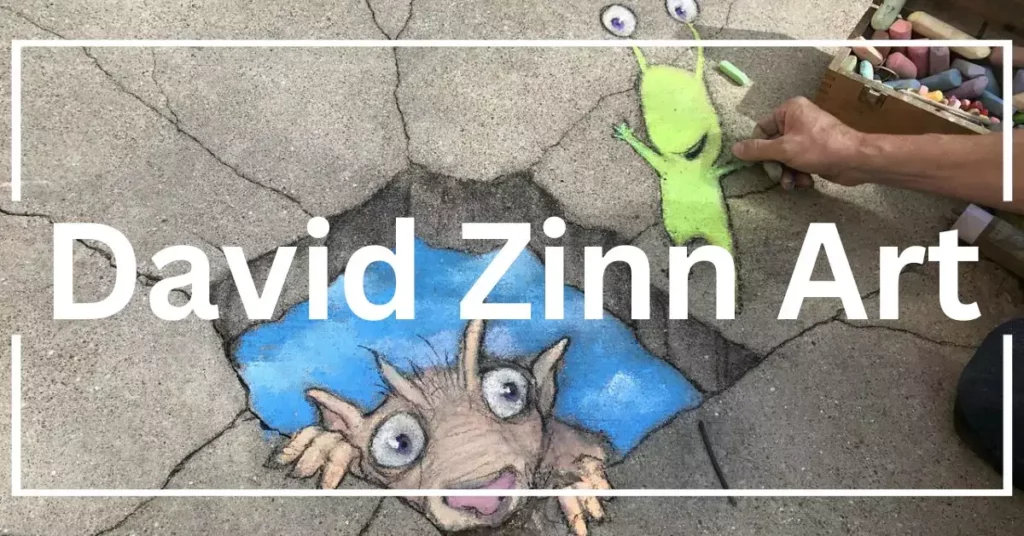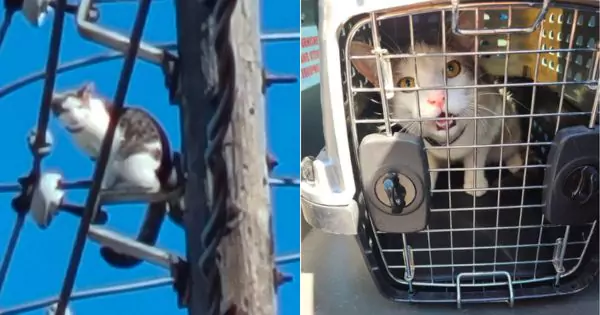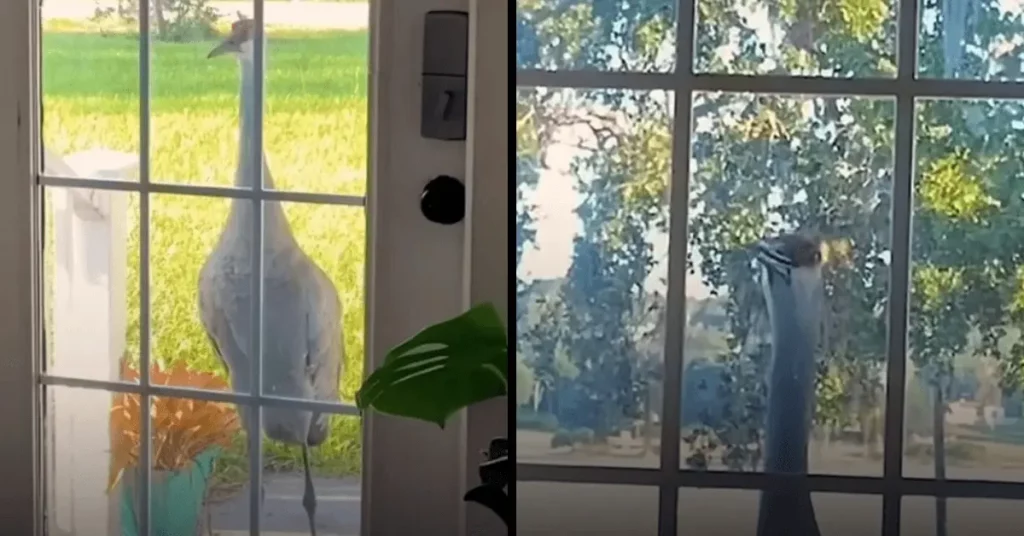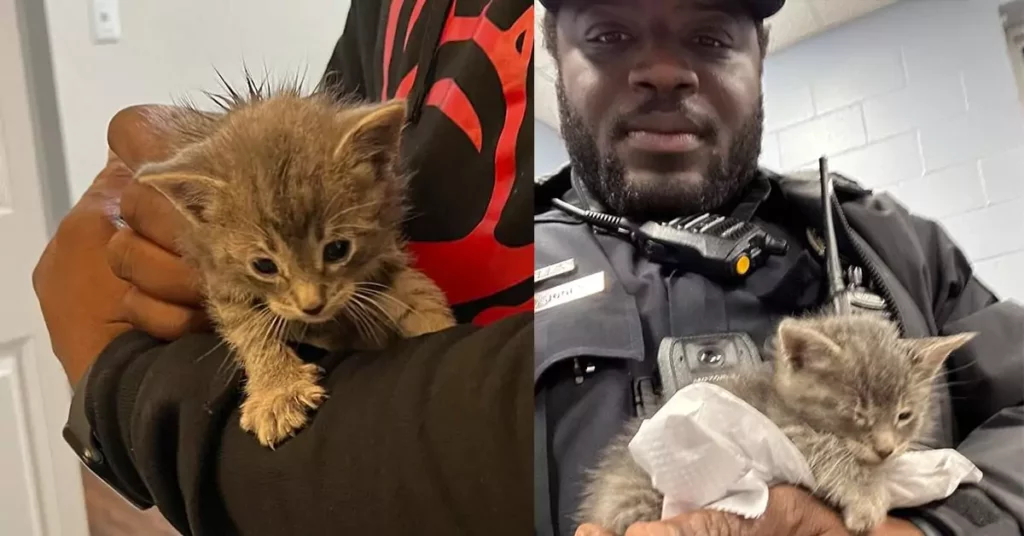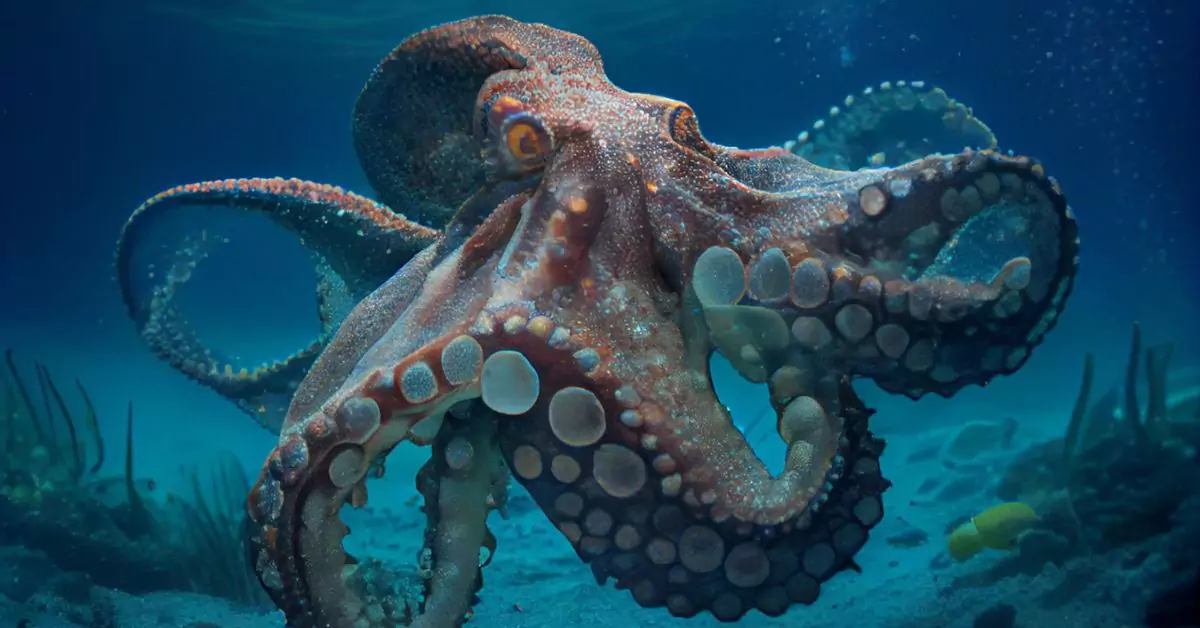
The mysterious world of the deep ocean harbors one of nature’s most enigmatic and intelligent creatures: the octopus. Renowned for their problem-solving abilities, incredible camouflage techniques, and distinct personalities, octopuses have long captivated scientists and ocean enthusiasts alike. However, recent studies have unveiled an even more fascinating aspect of these cephalopods: their sleep patterns, which bear a striking resemblance to human sleep, including stages akin to REM and non-REM sleep. This discovery not only sheds light on the evolutionary mystery of sleep but also opens a window into the complex brain functions of these remarkable creatures.
Background on Octopus Behavior and Intelligence
Octopuses are often hailed as the intellects of the ocean. Their behavior and intelligence set them apart in the animal kingdom. These invertebrates demonstrate advanced problem-solving skills, have the ability to navigate mazes, and show a penchant for escaping even the most secure aquarium tanks. Their ability to change skin color and texture for camouflage is not just a survival mechanism but also a means of communication. This section will delve into the fascinating behavioral traits of octopuses, laying the groundwork to understand their complex neural processes.
Understanding Sleep in Animals
Sleep is a universal phenomenon across the animal kingdom, essential for health and well-being. In many animals, particularly vertebrates, sleep involves cycling through various stages, including REM and non-REM phases. These stages are critical for processes like memory consolidation and recovery. However, until recently, it was believed that such complex sleep patterns were exclusive to vertebrates. This section will explore the evolution and significance of sleep in animals, setting the stage for discussing the unique sleep patterns observed in octopuses.
New Study Suggests Octopuses Might Dream
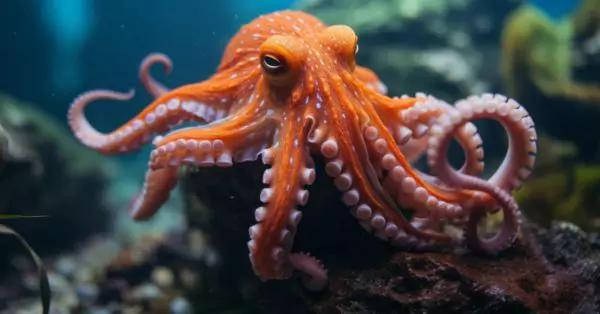
The groundbreaking research, primarily conducted by teams at the Okinawa Institute of Science and Technology (OIST) and the University of Washington, delved into the sleep patterns of octopuses with a particular focus on the possibility of dreaming. Utilizing advanced observation and recording techniques, the researchers monitored the brain activity and behavior of octopuses, especially during their active sleep stage.
Key Findings
- Dynamic Skin Patterns: The most striking observation was the dynamic skin patterns displayed by octopuses during the active sleep stage. These patterns closely resemble the ones used for camouflage and communication when they are awake. This phenomenon is analogous to the way humans sometimes enact daily experiences in dreams.
- Brain Activity: Electrophysiological measurements indicated heightened brain activity during the active sleep stage, akin to human REM sleep, where dreaming predominantly occurs. This suggests a potential parallel in the processing of information during sleep between octopuses and humans.
- Behavioral Responses: In their active sleep stage, octopuses showed quick eye movements and muscular twitches, similar to the REM sleep stage in humans. Moreover, the octopuses required stronger stimuli to awaken from this stage, indicating a deeper level of sleep akin to REM sleep in humans.
Interpretations and Hypotheses
While the researchers stop short of conclusively stating that octopuses dream like humans, they propose several hypotheses:
- Memory Consolidation: The active sleep stage might play a role in memory consolidation, where experiences from the waking hours are processed and stored.
- Practicing Survival Strategies: The rapid cycling of skin patterns could be a way for the octopus to rehearse or refine its camouflage strategies, vital for its survival in the ocean.
- Neural Processing: The similarity in sleep stages hints at a complex neural processing activity that could be akin to dreaming, albeit in a form unique to octopuses.
Evolutionary Implications
This study reinforces the idea of convergent evolution, suggesting that two-stage sleep could be an evolutionary solution to complex cognitive processing needs across vastly different species. It underscores the universality of certain biological processes, like sleep, across the tree of life.
Further studies are required to understand the exact nature of these sleep stages in octopuses. Researchers are particularly interested in exploring whether these patterns are merely reflexive or indicative of deeper cognitive processes like dreaming.
This new study opens exciting possibilities in the field of neurobiology and animal cognition, suggesting that creatures as different from humans as octopuses might share similar sleep processes, possibly even dream-like experiences. As research progresses, we may gain a deeper understanding of the mysteries of sleep and consciousness in the animal kingdom.











